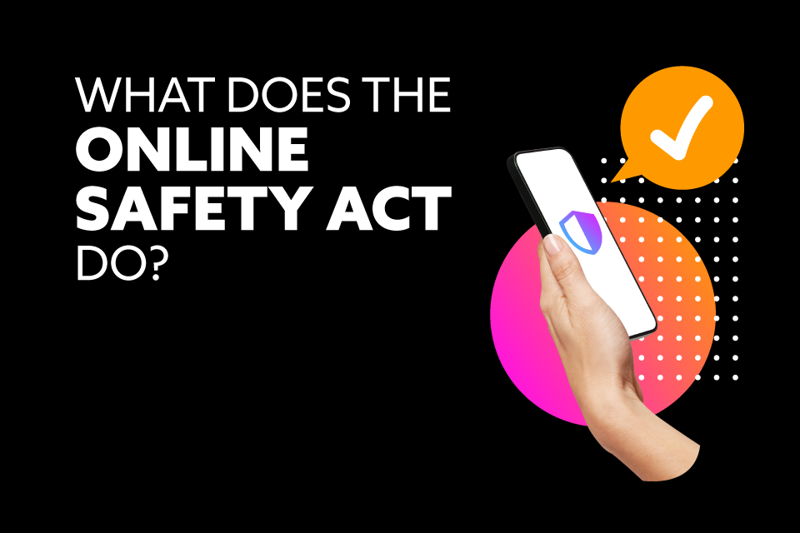
In today’s digital-first world, teenagers spend more time online than ever before—for learning, connecting, and entertainment. The internet brings countless advantages, but it also carries risks, particularly for younger users. As online platforms continue to evolve and the UK tightens safety laws, parents need to stay informed and proactive in helping their teens develop safe and healthy online habits.
Here are some essential strategies to help your teen stay safe online in 2025.
Understanding the Latest UK Online Safety Regulations
In 2023, the UK government passed the Online Safety Act, which requires tech companies to take greater responsibility for protecting children online. Platforms are now legally required to reduce the risk of harmful content, enforce age restrictions, and improve moderation of illegal or dangerous material.

This legislation aims to reduce the exposure of under-18s to cyberbullying, grooming, self-harm content, violence, and other online threats. Understanding your teen’s rights under this law can help you make informed decisions and hold digital platforms accountable for their duty of care. The Heartlands High School parent guide offers a clear breakdown of how the Online Safety Act supports families.
Talking to Teens: Building Trust and Open Communication
The most powerful internet safety tool? Communication. Open and honest communication with your teen is a cornerstone of online safety. Rather than closely monitoring their activity, encourage them to share what platforms they use, who they connect with, and how those interactions make them feel. Avoid snooping and instead build trust – let them know you’re there to support, not control. By fostering trust and openness, you’ll create space for them to speak up about issues like cyberbullying, distressing content, or unfamiliar contacts.
Watch out for signs of distress such as sudden secrecy, changes in mood, or reluctance to use devices. These can be early indicators of online bullying, exposure to harmful content, or unwanted contact.
Setting Boundaries: Parental Controls and Screen Time

The UK government is currently reviewing proposals to introduce restrictions on the time young people spend on social media, helping families to set healthy boundaries at home. Many platforms and devices now offer built-in parental controls to filter inappropriate content and monitor screen time. These controls can help you set usage schedules, filter content, and restrict app installations.
Alongside those tools, it’s worth exploring privacy-focused options to enhance safe browsing. Browser privacy extensions or a chrome VPN can offer added protection by encrypting traffic and restricting access to unsafe websites, which is especially important when your teen is on public or school Wi-Fi.
Practical Steps for Everyday Online Safety
In addition to setting boundaries, it’s vital to educate your teen on practical, everyday cyber safety skills. Teach them how to:
- Identify suspicious links or phishing attempts
- Use strong, unique passwords for different platforms
- Limit the personal information they share online
- Review app permissions before downloading anything new
- Be cautious when joining group chats or private message threads
Promoting digital literacy empowers teens to navigate the online world with greater confidence and awareness. Tools like this guide from Black History Month UK provide helpful conversation starters to spark meaningful discussions.
